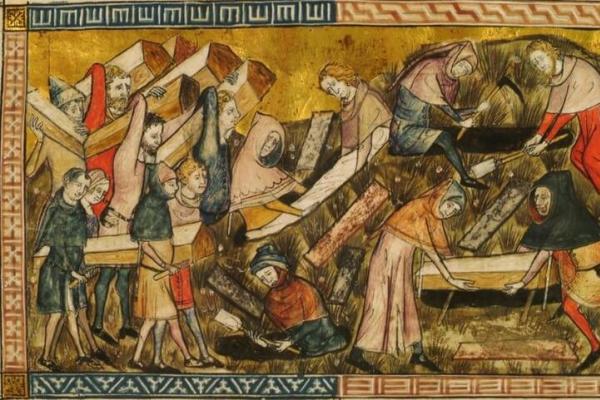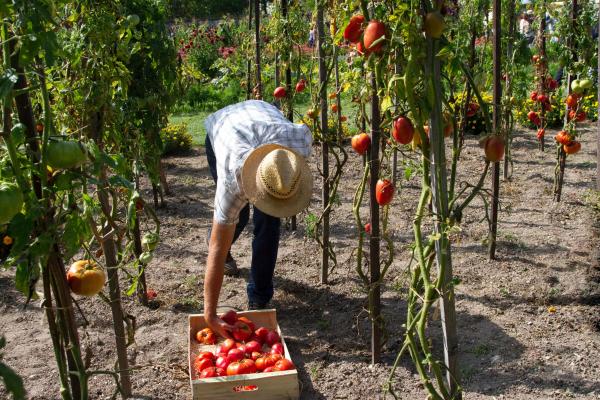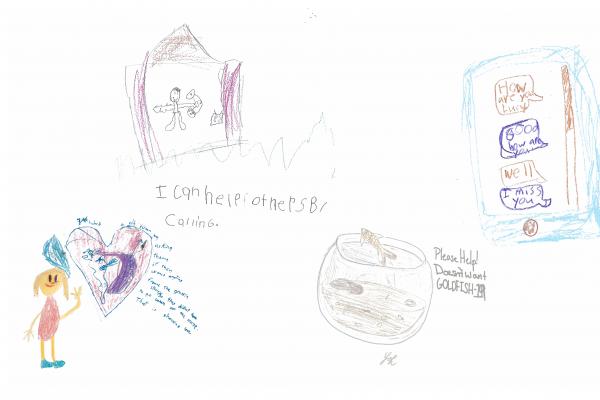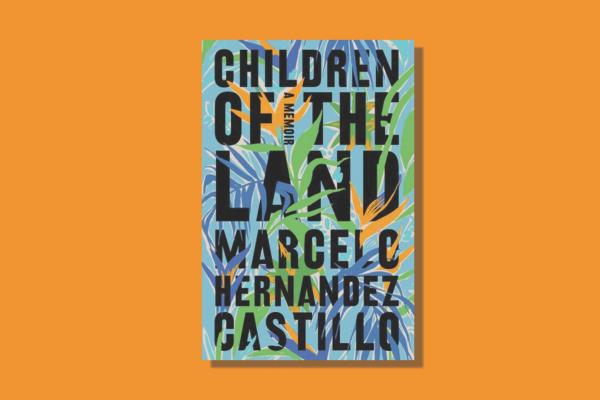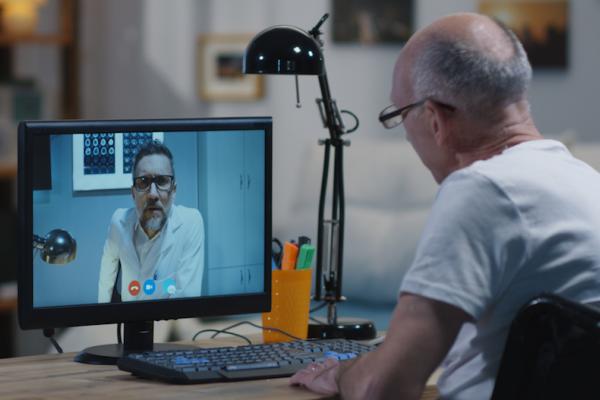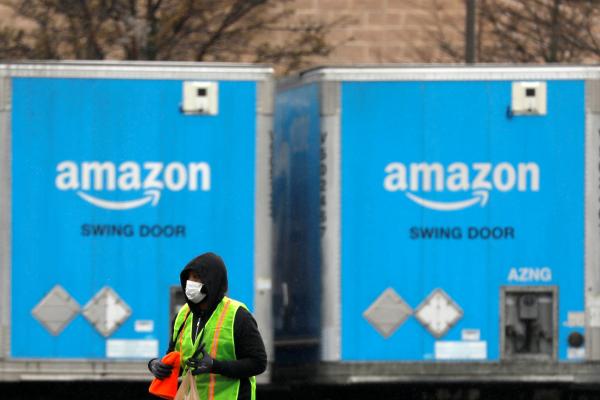In some cities, mistrust was widespread. In others, people came together across religious lines.
This younger crop of Catholic Workers is unquestionably interested in activism, but the issues they address are different from those of their predecessors.
Editor's Note: As part of her piece "Using the Love Commandment to Talk COVID-19 With Your Kids," Christian ethicist Kate Ott collected drawings and quotes from children engaging in the topic of loving your neighbor during this health crisis. Here's what they had to say.
Mexican American writers render their world — unrecognized and illegible — visible and legitimate.
Before a plague, God always sends prophets, often sick and impoverished themselves, to tell the powerful to reject wickedness.
As adults are forced into major social and work-related changes, we can quickly lose patience with our children, forget their perspective matters, and resort to “just do it”-type responses. I want to encourage parents to take a deep breath and invite children into a new way of being in the world shaped by COVID-19. Children are morally resilient and creative when we give them the chance. So, how can we talk with our children about this pandemic? Let’s use the love commandment as our guide.
The problem is not only with the corporations struggling to make choices when profits are on the line. As a culture infused with the values of life, liberty, and the pursuit of happiness, Americans value individualism and have a hard time understanding their role in community health measures. When we are taught to prioritize our individual rights and needs (see the discussions about guns, vaccines, and universal health care), it quickly leads to seeing other people as our enemy instead of a neighbor to protect. And that’s where religious communities must lead.
All of us are living into new daily rhythms. While that alone is disorienting, we are already moving from a life of daily inconvenience to one of fear. Institutions from sports to conferences to schools have transformed overnight. Many of our children — both schoo-age and young adults — are now home with us, which requires its own adjustments. And many, many people are finding themselves abruptly and unceremoniously out of work, with uncertain prospects for future paychecks as social distancing measures continue for an unknown length of time. Amid this, we must not let fear become a way of life. We remember the words of Jesus: Love can cast out fear. Leaning into love and learning what it really means to love our neighbors in this crisis will be crucial to our collective health and survival.
If you’re more tech savvy, socially networked, or otherwise resourced than your aging parents, you may be tempted to believe that you’re responsible for the way they will weather this season of COVID-19. Invite your loved ones into a conversation that honors all their experience and wisdom. At the same time, be mindful that even though they are your parents, they may need your help taking necessary precautions. Together you can discover and implement measures that support them during these uncertain days.
The federal government is big, and it intervenes. The question is, for whom?
